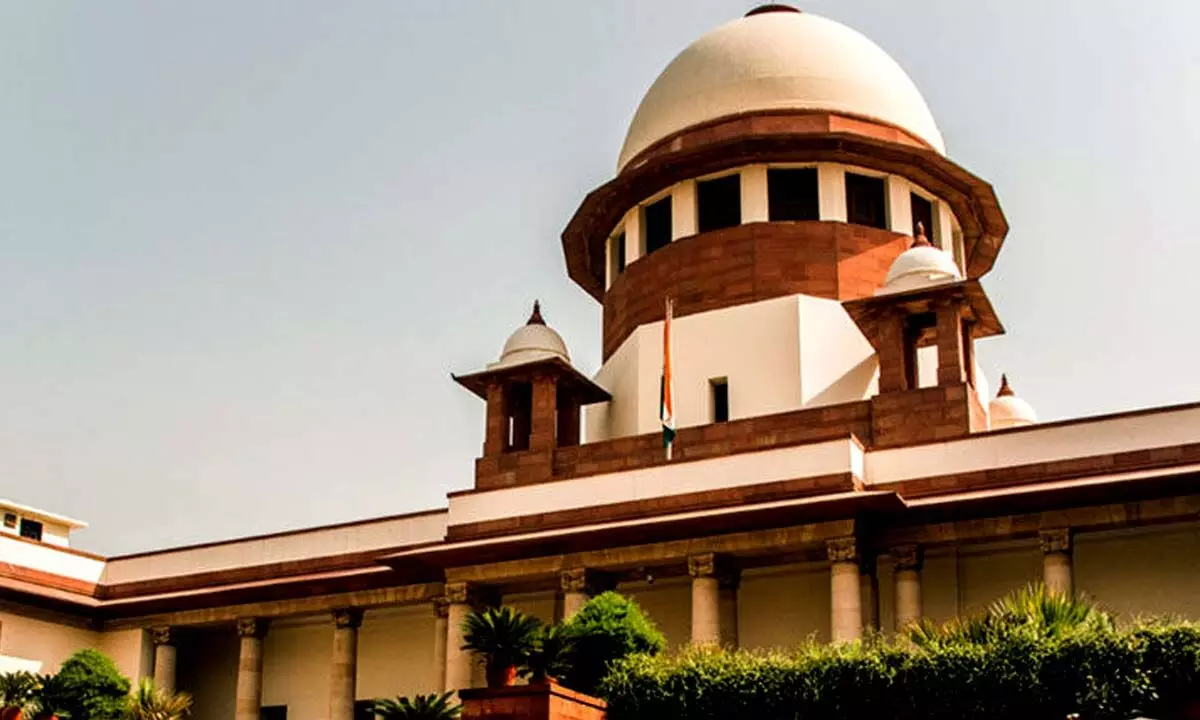Live
- ISL: Fluent Odisha face depleted Mohammedan in search of top four spot
- Afghanistan won't tolerate any aggression, warns Kabul after Pakistani airstrikes that killed 46
- India a global leader in disaster warning systems: Jitendra Singh
- India vs Australia 4th Test Day 1: Bumrah Shines as Australia Holds the Advantage at MCG
- Adani's Vizhinjam port welcomes 100th vessel within 6 months of operations
- Squid Game Season 2 Now Streaming on Netflix: Cast, Plot, and Release Details
- Gottipati Ravi Kumar Criticizes YS Jagan Mohan Reddy’s Power Sector “Tughlaq Acts”
- PKL: Haryana Steelers exude confidence ahead of playoffs as battle for title begins
- South Africa leg of CT 2025 trophy tour concludes, next stop Australia
- BJD couldn’t counter BJP’s lies, says Naveen









